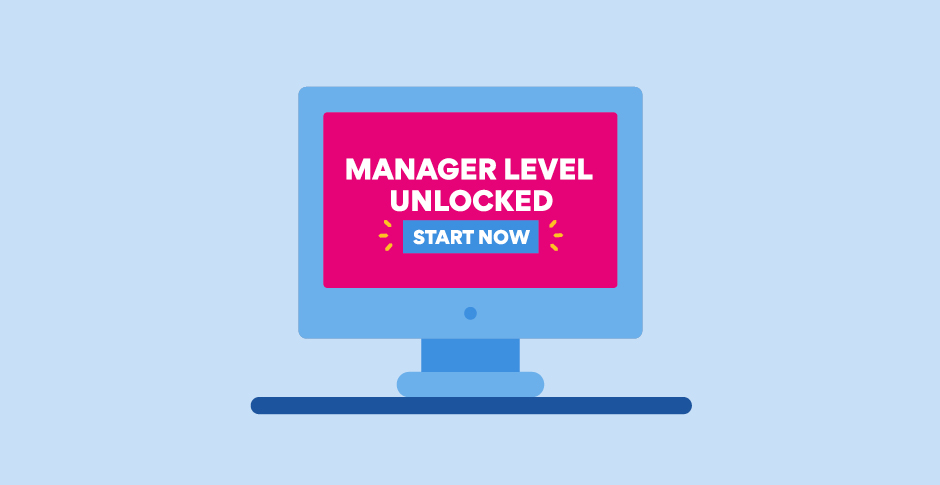If you haven’t noticed already, our world moves fast. There are always new things to learn and industry changes to keep on top of in order to remain relevant in an ever-evolving workforce.
Whether you stay in the same role for decades or change jobs regularly, if you want a career that’s going to stand the test of time, now’s the time to cultivate it. We’ve got some tangible tips to future-proof your career, and ensure its survival.
Ensure your online profiles reflect how you want to be perceived by your professional network, including Facebook, Twitter and your SEEK Profile.
- Diversify your skills. Tony Pownall, General Manager of Hudson Recruitment Auckland, acknowledges that most people in today’s workforce change direction often, but says, “you still need to have an appreciation for a transferrable skill-set.” If certain skills are in demand, and some skills you possess are no longer required, be willing to reeducate yourself and get up-to-speed with new tools and technology so you’re marketable for new positions. Consider joining an industry body, attending talks and seminars, or undertaking further study to achieve this.
- Say yes to new opportunities. No matter whether it’s job offers, event participation, mentor programs, niche presentations, volunteer work, or requests for advice - throughout your career, you’ll be presented with new opportunities, challenging you to make hard decisions. Being open and adaptable will allow you to absorb new skills and make you a desirable candidate for future employers.
- Work for meaning and fulfillment. While fair remuneration is important, you won’t achieve career longevity if you’re doing it for the money. Instead, if you’re working for the purpose of learning and experiencing new things, your job – and your life – will be more meaningful and fulfilling. Moreover, when you enjoy what you do, there’s a better chance of succeeding in the long-term.
- Understand the industry you work in. Everything that happens in your industry will likely impact the organisation you work for, as well as your role. For example, if you’re a graphic designer and there are changes made to the Adobe Suite, the world’s leading design software, you’ll need to adapt to be able to use the latest version to your advantage. When you’re across industry changes and updates, you’re able to better prepare yourself and be a competitive player in the market. Try subscribing to industry-related publications and attending seminars run by leading experts.
- Create your network. Having a network of skilled professionals is a great way to efficiently share information. “New Zealand is still a small place. It’s important to invest in and maintain an up-to-date network that can help you with where you want to go,” says Pownall. How to go about it? “Whether they’re previous bosses or colleagues, don’t just send an online message. Pick up the phone. There’s a better chance they’ll be able to put you in touch with new contacts then and there.”
- Know what you want. According to Pownall, it’s much easier for people to advance their careers in the right direction if they know what they want. “It starts with self-awareness. If you know what you want, why you want it, and you are able to articulate it, you have a major advantage.” Demonstrating a passion and enthusiasm for a new role or opportunity will impress others and help your career well into the future.



